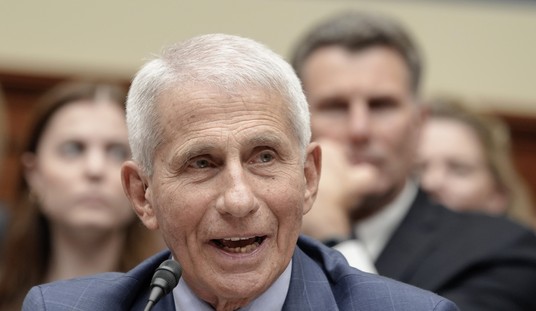So, is Donald Trump’s tariff policy going to harm workers? No doubt, some layoffs will occur, leading to the snobby elites of the Democratic Party engaging in deranged schadenfreude, which will only sink them further with a voter bloc that they need to win back to be competitive in elections again. Democrats have no working people in their ranks, which is why they hate them so much, but I digress.
We already know what’s going to happen: there might be some layoffs, the fake news press will interview them, undoubtedly getting a soundbite they can use to weaponize against the White House, and the Trump domestic agenda will be put on blast. And yes, deranged liberals are taking to Reddit to laugh at people who lost their jobs. Not so fast, educated faux philosopher-kings, DOGE can make your jobs obsolete, regardless of what these little judges say. There’s no stopping DOGE. Are Trump’s tariffs good or bad? The market right now is unsure, but one thing is certain: The United Auto Workers Union is very much for them.
It shows how politics can make for interesting intersections among people and policy. UAW President Shawn Fain knew his rank-and-file backed Donald Trump, but he endorsed Kamala Harris anyway. Now, he took to the Sunday Morning talk shows to endorse Trump’s tariff policy, which obliterates the Left’s fledgling narrative that there’s buyer’s remorse out there because of this initiative. On Face the Nation, Fain told Major Garrett that a lot of manufacturing jobs in his sector that were shipped to Mexico could return to American soil quickly (via RealClearPolitics):
MAJOR GARRETT: Let's get back to tariffs and the auto industry. Peter Navarro, a top adviser to the president on trade, says that currently, automobile manufacturing plants are at about 60% capacity. He argues that there's lots of untapped capacity, meaning jobs could be created relatively easy, and you wouldn't need to spend two or three or maybe five years building new factories. Is that your understanding? Is that your belief?
SHAWN FAIN: He's spot on. Look, we have a situation right now in Warren, Michigan, where 2,000 workers were laid off this past year. They built the Ram truck there for years under Stellantis, and Stellantis made a decision to shift that production to Mexico. They could shift that work back in very short order and be producing Ram trucks right back there and put those people back to work.
I was just at Volkswagen this week, you know, talking with workers down there that are trying to get their first contract, and the company announced a reduction of a shift. Meanwhile, you know, Volkswagen is the biggest violator of all. 75% of their production for the North American market is made in Mexico, so they can shift product there overnight. There's excess capacity.
You know, people forget this lesson in World War II. The way that we formed the Arsenal of Democracy that won the war was, they took the excess capacity of all the automotive manufacturing plants in the country, and produced tanks and planes and bombs and engines and all those things. And it's no different right now.
We have excess capacity. They could bring work back in very short order. And yes, they're in a situation where they need to build a new plant, yeah, that's going to take a couple years, but- but there is plenty of opportunity for these companies to do the right thing and bring work back here overnight, just as quick as they shifted out of here.
MAJOR GARRETT: And Shawn, for people who are listening to you, how do tariffs make that happen? What is the relationship between a 20 or 25% tariff and getting that capacity back up to where you'd like to see it?
SHAWN FAIN: Well, because, like everything, the companies abuse the process. I mean, they're in the pursuit of driving a race to the bottom. I mean, the tariffs are -- you know, there was a major promise when NAFTA happened in 1992, the big debate, and Ross Perot talked about the "giant sucking sound," that our manufacturing base was going to disappear. He was spot on, you know.
And we saw what happened in the ensuing 30 years. We saw 90,000 plants leave. You know, like I said, we've seen 65 plants in the Big Three close. Look, right now, as we speak, in Wisconsin, we have a Deere plant threatening to be closed, and their work being threatened to go to Mexico. We have a heavy truck plant at Volvo, and Mack Truck in Pennsylvania being threatened to be taken to Mexico. There is plenty of opportunity, and that's the reality that we've seen here in America.
So, tariffs are a tool in the toolbox. They're not the end all solution. We have to fix the broken trade system. But the way tariffs work, I mean, it's a motivator, because there's going to be a penalty for everything the companies ship in here, and I've had companies tell us, point blank, that they're going to have to bring product back here if those tariffs are implemented.
Recommended
Short-term pain for long-term gain, and it’s mostly a negotiating tactic. It’s not like this was some surprise domestic agenda item—Trump said he would do this. My only critique, which others have shared, is that I’d rather he’d taken a chainsaw to our current trade deals after we passed the budget reconciliation package, which will extend the Trump tax cuts first, and give Americans a substantial economic boost first.

























Join the conversation as a VIP Member